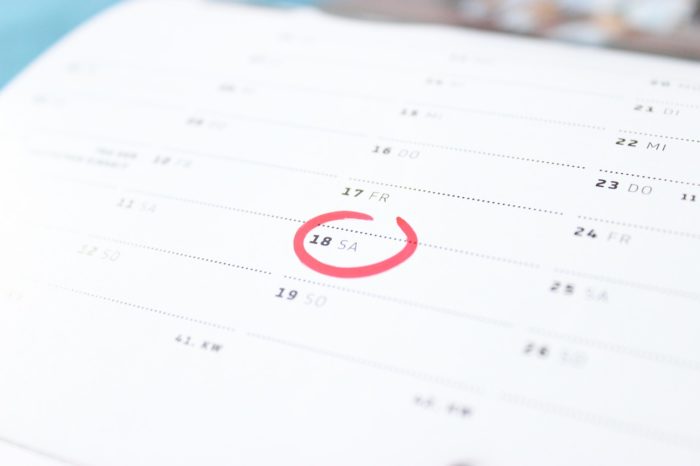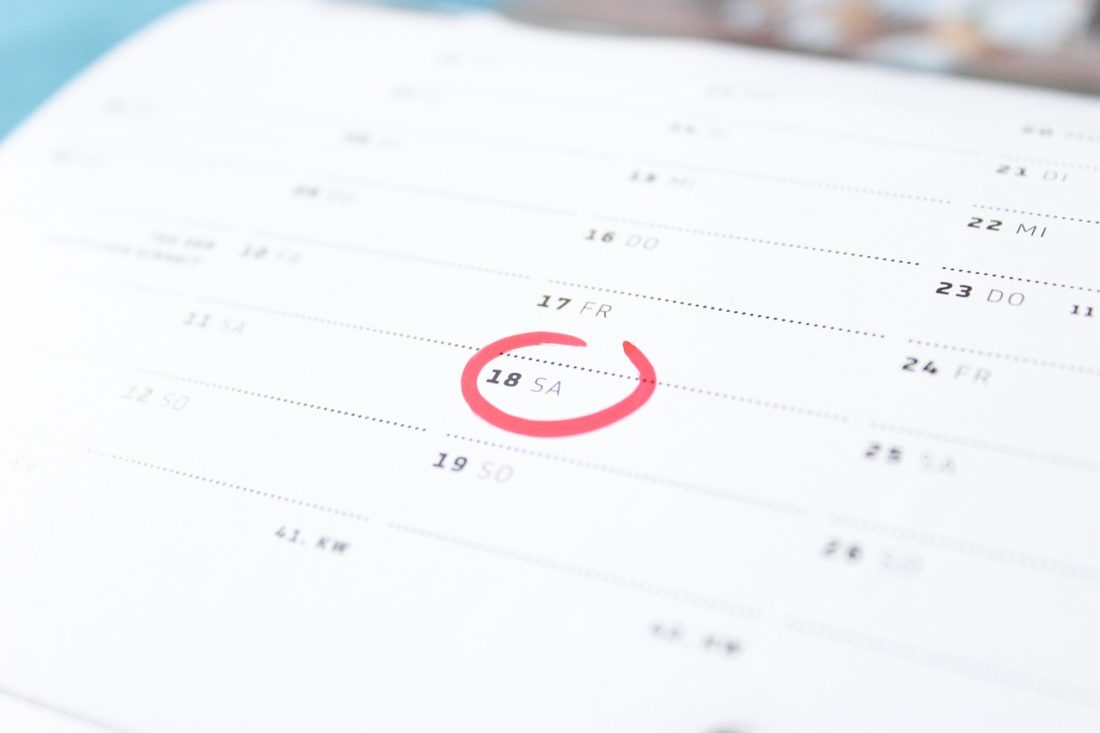If Men Could Menstruate
Testo di Gloria Steinem, traduzione in italiano di Maria G. Di Rienzo
Se gli uomini avessero le mestruazioni
Tradotto da Maria G. Di Rienzo (pdf)
Pubblicato su Notizie minime della nonviolenza, n. 775 del 30 marzo 2009
Una minoranza bianca del mondo ha passato secoli a convincerci che una pelle bianca rende le persone superiori, anche se in effetti la sola cosa che fa è renderle più sensibili agli ultravioletti e più soggette alle rughe.
Maschi umani hanno costruito intere culture attorno all’idea che l’invidia del pene sarebbe “naturale” nelle donne, e però si potrebbe allo stesso modo dire che l’avere un organo non protetto di quel tipo rende gli uomini vulnerabili, e che il potere di dare la vita rende l’invidia dell’utero quanto meno logica. In breve, sono le caratteristiche di chi ha potere, chiunque sia, ad essere pensate come migliori delle caratteristiche di chi non ne ha, e la logica non ha nulla a che fare con tutto questo.
Cosa accadrebbe, ad esempio, se di colpo, magicamente, gli uomini avessero le mestruazioni e le donne no? La risposta è chiara: le mestruazioni diventerebbero un invidiabile evento mascolino di cui vantarsi.
Gli uomini le sparerebbero grosse su durata e quantità. La prima mestruazione sarebbe festeggiata da rituali religiosi e feste tra amici.
L’Istituto nazionale per la Dismenorrea si occuperebbe di indagare eventuali sconforti mensili. I prodotti sanitari sarebbero forniti gratuitamente dal governo: ovviamente, alcuni uomini pagherebbero per il prestigio fornito da marche celebri quali i “Tamponi John Wayne” o i “Pannolini Muhammad Ali” e ci sarebbero prodotti specifici del tipo “Per il flusso leggero da scapoli”.
Militari, uomini politici di destra e fondamentalisti religiosi citerebbero le mestruazioni come prova che solo gli uomini possono entrare nell’esercito (“Devi dare il sangue per poterlo prendere”), occupare cariche politiche (“Come possono le donne essere aggressive, prive del ciclo governato da Marte?”), diventare preti (“Una donna non può dare il sangue per i nostri peccati”) o rabbini (“Senza la mensile perdita di impurità, le donne restano ovviamente impure”). I maschi radicali, i politici di sinistra e i mistici, d’altra parte, insisterebbero sul fatto che le donne sono uguali agli uomini, solo un pò diverse, e che ogni donna può entrare nei loro ranghi se è disposta ad infliggere a se stessa una ferita considerevole ogni mese (“Devi dare il sangue per la rivoluzione”), a riconoscere la preminenza delle istanze mestruali e a cancellare la propria individualità a favore di tutti gli uomini e del loro “Ciclo di Illuminazione”.
Gli uomini risponderebbero ad un complimento del tipo “Ehi, oggi ti vedo proprio bene” con la frase “Per forza, ho le mie cose!”.
I media non la finirebbero più di trattare il soggetto: “Gli squali, una minaccia agli uomini mestruanti”, “Stupratore assolto: è stato lo stress mensile”, e così il cinema: pensatevi Newman e Redford in “Fratelli di sangue”.
Gli uomini convincerebbero le donne che il sesso è più piacevole “in quel periodo del mese”. Alle lesbiche si direbbe che temono il sangue, e perciò probabilmente la vita stessa, e che tutto quello di cui hanno bisogno è un buon uomo con delle belle mestruazioni.
Naturalmente sarebbero gli intellettuali ad offrire le argomentazioni più morali e logiche. Come può una donna afferrare ogni disciplina che richieda senso del tempo o dello spazio, che implichi matematica e misurazioni, senza l’innato dono del misurare i cicli della luna e dei pianeti dato dalle mestruazioni? Nelle filosofie e nelle religioni, come possono le donne compensare il fatto che manca loro il ritmo dell’universo? O che manca loro una simbolica morte e rinascita ogni mese? In ogni campo i maschi più tolleranti cercherebbero di essere gentili: il fatto che “questa gente” non ha il dono di misurare la vita o di connettersi all’universo,
E come reagirebbero le donne? Possiamo immaginare le cosiddette donne tradizionali dichiararsi d’accordo con tutte le argomentazioni succitate, e associazioni di casalinghe le cui socie si feriscono ogni mese, e pie donne che dicono: “Il sangue di tuo marito è sacro come quello di Gesù” e aggiungono con un risatina “…ed è anche così sexy!”.
Ci sarebbero le “riformatrici” che istituirebbero riti di iniziazione identici a quelli maschili e spiegherebbero di avere anche loro un ciclo mensile. Schiere di pensatrici ripeterebbero ad oltranza che gli uomini devono liberarsi dall’idea dell’aggressività marziana così come le donne devono liberarsi dall’invidia delle mestruazioni. Le femministe radicali direbbero che l’oppressione delle “non-mestruanti” è stata lo schema primario per tutte le altre forme di oppressione, e che le vampire sono state le nostre prime combattenti per la libertà. Le femministe culturali svilupperebbero un immaginario privo di sangue nell’arte e nella letteratura. Le femministe socialiste spiegherebbero che solo sotto il capitalismo gli uomini hanno monopolizzato il sangue mestruale…
In effetti, se gli uomini avessero le mestruazioni, le giustificazioni per farne uno strumento di potere andrebbero avanti all’infinito.
Come sempre, se glielo si lascia fare.
If Men Could Menstruate
by Gloria Steinem (link)
(c) Gloria Steinem, Outrageous Acts and Everyday Rebellions. NY: NAL, 1986
Living in India made me understand that a white minority of the world has spent centuries conning us into thinking a white skin makes people superior, even though the only thing it really does is make them more subject to ultraviolet rays and wrinkles.
Reading Freud made me just as skeptical about penis envy. The power of giving birth makes “womb envy” more logical, and an organ as external and unprotected as the penis makes men very vulnerable indeed.
But listening recently to a woman describe the unexpected arrival of her menstrual period (a red stain had spread on her dress as she argued heatedly on the public stage) still made me cringe with embarrassment. That is, until she explained that, when finally informed in whispers of the obvious event, she said to the all-male audience, “and you should be proud to have a menstruating woman on your stage. It’s probably the first real thing that’s happened to this group in years.”
Laughter. Relief. She had turned a negative into a positive. Somehow her story merged with India and Freud to make me finally understand the power of positive thinking. Whatever a “superior” group has will be used to justify its superiority, and whatever and “inferior” group has will be used to justify its plight. Black me were given poorly paid jobs because they were said to be “stronger” than white men, while all women were relegated to poorly paid jobs because they were said to be “weaker.” As the little boy said when asked if he wanted to be a lawyer like his mother, “Oh no, that’s women’s work.” Logic has nothing to do with oppression.
So what would happen if suddenly, magically, men could menstruate and women could not?
Clearly, menstruation would become an enviable, worthy, masculine event:
Men would brag about how long and how much.
Young boys would talk about it as the envied beginning of manhood. Gifts, religious ceremonies, family dinners, and stag parties would mark the day.
To prevent monthly work loss among the powerful, Congress would fund a National Institute of Dysmenorrhea. Doctors would research little about heart attacks, from which men would be hormonally protected, but everything about cramps.
Sanitary supplies would be federally funded and free. Of course, some men would still pay for the prestige of such commercial brands as Paul Newman Tampons, Muhammad Ali’s Rope-a-Dope Pads, John Wayne Maxi Pads, and Joe Namath Jock Shields- “For Those Light Bachelor Days.”
Statistical surveys would show that men did better in sports and won more Olympic medals during their periods.
Generals, right-wing politicians, and religious fundamentalists would cite menstruation (“men-struation”) as proof that only men could serve God and country in combat (“You have to give blood to take blood”), occupy high political office (“Can women be properly fierce without a monthly cycle governed by the planet Mars?”), be priests, ministers, God Himself (“He gave this blood for our sins”), or rabbis (“Without a monthly purge of impurities, women are unclean”).
Male liberals and radicals, however, would insist that women are equal, just different; and that any woman could join their ranks if only she were willing to recognize the primacy of menstrual rights (“Everything else is a single issue”) or self-inflict a major wound every month (“You must give blood for the revolution”).
Street guys would invent slang (“He’s a three-pad man”) and “give fives” on the corner with some exchenge like, “Man you lookin’ good!”
“Yeah, man, I’m on the rag!”
TV shows would treat the subject openly. (Happy Days: Richie and Potsie try to convince Fonzie that he is still “The Fonz,” though he has missed two periods in a row. Hill Street Blues: The whole precinct hits the same cycle.) So would newspapers. (Summer Shark Scare Threatens Menstruating Men. Judge Cites Monthlies In Pardoning Rapist.) And so would movies. (Newman and Redford in Blood Brothers!)
Men would convince women that sex was more pleasurable at “that time of the month.” Lesbians would be said to fear blood and therefore life itself, though all they needed was a good menstruating man.
Medical schools would limit women’s entry (“they might faint at the sight of blood”).
Of course, intellectuals would offer the most moral and logical arguements. Without the biological gift for measuring the cycles of the moon and planets, how could a woman master any discipline that demanded a sense of time, space, mathematics– or the ability to measure anything at all? In philosophy and religion, how could women compensate for being disconnected from the rhythm of the universe? Or for their lack of symbolic death and resurrection every month?
Menopause would be celebrated as a positive event, the symbol that men had accumulated enough years of cyclical wisdom to need no more.
Liberal males in every field would try to be kind. The fact that “these people” have no gift for measuring life, the liberals would explain, should be punishment enough.
And how would women be trained to react? One can imagine right-wing women agreeing to all these arguements with a staunch and smiling masochism. (“The ERA would force housewives to wound themselves every month”: Phyllis Schlafly)
In short, we would discover, as we should already, that logic is in the eye of the logician. (For instance, here’s an idea for theorists and logicians: if women are supposed to be less rational and more emotional at the beginning of our menstrual cycle when the female hormone is at its lowest level, then why isn’t it logical to say that, in those few days, women behave the most like the way men behave all month long? I leave further improvisation up to you.)
The truth is that, if men could menstruate, the power justifications would go on and on.
If we let them.


No Comments